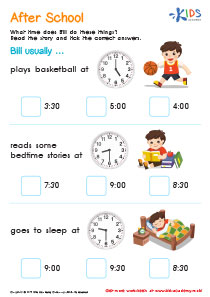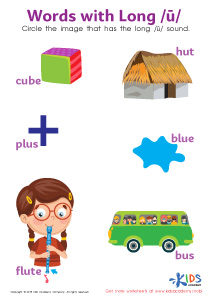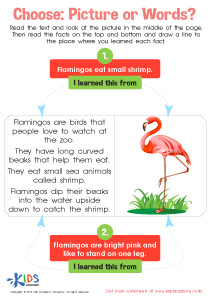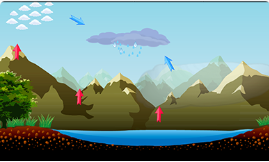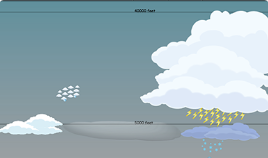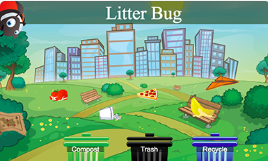Social Studies Lessons | Economy, Grade 3
1 results
Our Economy Lessons for Grade 3 students offer engaging and interactive worksheets, videos, and assessment quizzes to help young learners understand the fundamentals of economics. Our lessons cover various topics, including money, trade, goods and services, and more, designed to give them a solid foundation in basic economic principles. Each lesson is carefully crafted to ensure that children find the subject matter interesting and easy to understand. Our experienced team of educators has designed these lessons to be both informative and fun. Children will leave our Economy Lessons feeling confident and well-equipped to tackle more challenging economic concepts in the future.
Economy lessons can be incredibly helpful to children in the third grade, as they provide a strong foundation for understanding the principles of commerce, trade, and money. These lessons are typically taught through interactive worksheets, educational videos, and assessment quizzes, which are designed to be engaging, challenging, and thought-provoking. By participating in economy lessons, children can develop a broad range of skills that will be useful both in their studies and in their future careers.
One of the key benefits of economy lessons is that they help children develop critical thinking skills. Through these lessons, children learn to analyze complex economic concepts, evaluate their own understanding, and think creatively about real-world problems. This is particularly important for children in the third grade, as they are beginning to develop their cognitive abilities and need to learn how to think critically about a wide range of topics. By encouraging children to analyze and evaluate economic concepts, economy lessons can help them develop the cognitive skills they need to succeed in all areas of their academic and professional lives.
Another benefit of economy lessons is that they help children develop a strong foundation in financial literacy. In today's increasingly complex and globalized economy, it is more important than ever to teach children about money, trade, and commerce. Economy lessons help children learn valuable skills such as budgeting, saving, investing, borrowing, and lending. They also help children understand the different types of financial institutions and the role they play in the economy. By developing a strong foundation in financial literacy at a young age, children can better prepare themselves for the challenges of managing their finances in adulthood.
In addition to developing critical thinking and financial literacy skills, economy lessons can also help children develop social and emotional skills. By learning about the various economic systems and the way they impact society as a whole, children can develop empathy and compassion for others. They can learn to understand the economic challenges faced by people in different parts of the world, and they can learn to appreciate the interconnectedness of the global economy. By developing these social and emotional skills, children can become more effective communicators, better problem-solvers, and more responsible global citizens.
Overall, economy lessons are an invaluable tool for helping children in the third grade (and beyond) develop a broad range of skills that will be useful both in their studies and in their future careers. By participating in interactive worksheets, educational videos, and assessment quizzes, children can develop critical thinking skills, financial literacy skills, and social and emotional skills.
